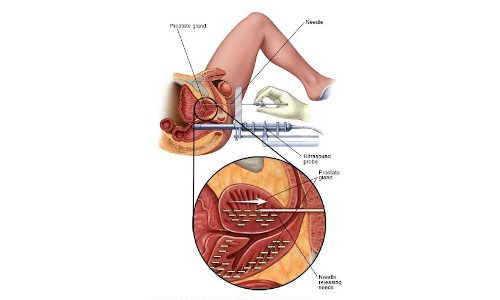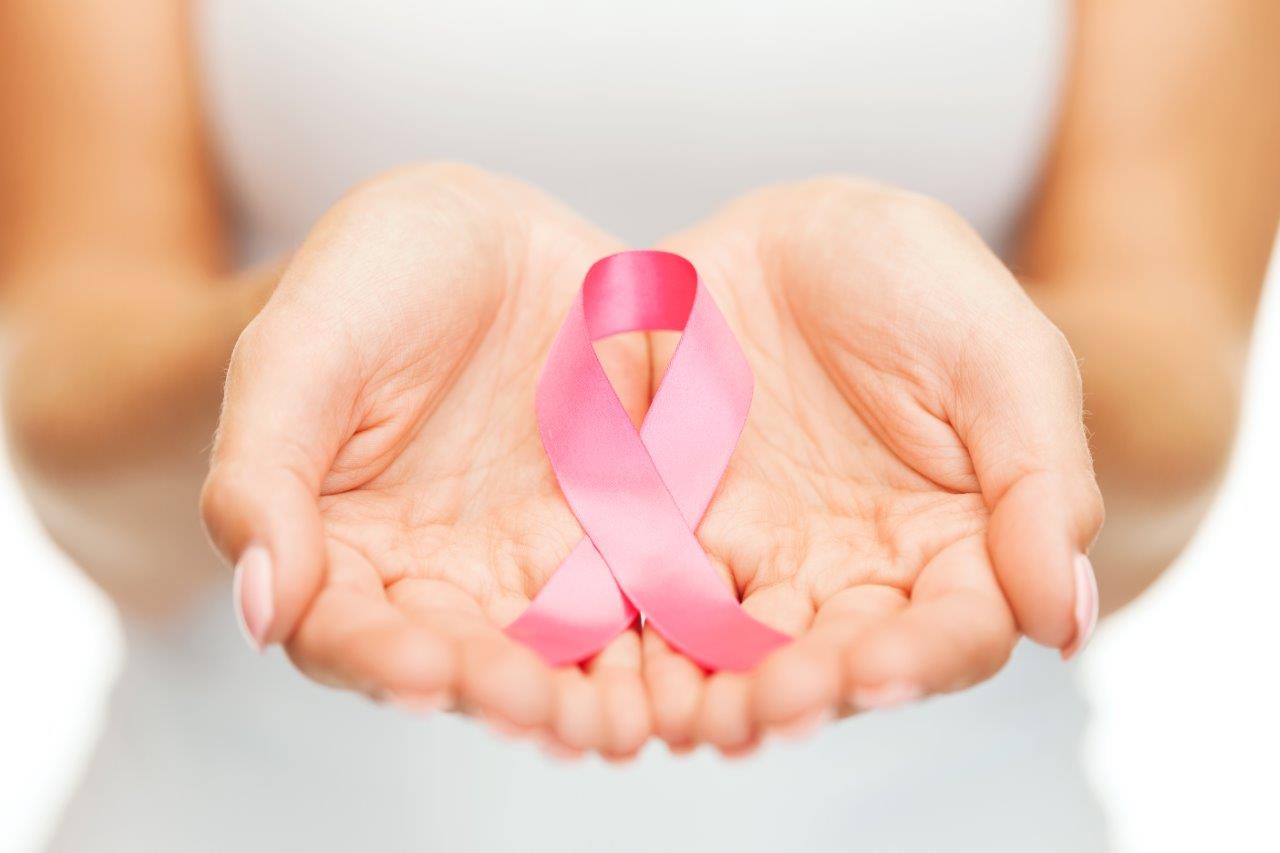Treatment
Hormone therapy
Hormone therapy is treatment to stop your body from producing the male hormone testosterone. Prostate cancer cells rely on testosterone to help them grow. Cutting off the supply of testosterone may cause cancer cells to die or to grow more slowly.
Hormone therapy options include:
- Medications that stop your body from producing testosterone. Medications known as luteinizing hormone-releasing hormone (LH-RH) agonists prevent the testicles from receiving messages to make testosterone. Drugs typically used in this type of hormone therapy include leuprolide (Lupron, Eligard), goserelin (Zoladex), triptorelin (Trelstar) and histrelin (Vantas). Other drugs sometimes used include ketoconazole and abiraterone (Zytiga).
- Medications that block testosterone from reaching cancer cells. Medications known as anti-androgens prevent testosterone from reaching your cancer cells. Examples include bicalutamide (Casodex), nilutamide (Nilandron) and flutamide. The drug enzalutamide (Xtandi) may be an option when other hormone therapies are no longer effective.
- Surgery to remove the testicles (orchiectomy). Removing your testicles reduces testosterone levels in your body.
Hormone therapy is used in men with advanced prostate cancer to shrink the cancer and slow the growth of tumors. In men with early-stage prostate cancer, hormone therapy may be used to shrink tumors before radiation therapy, which can increase the likelihood that radiation therapy will be successful.
Side effects of hormone therapy may include erectile dysfunction, hot flashes, loss of bone mass, reduced sex drive and weight gain.
Freezing prostate tissue
Cryosurgery or cryoablation involves freezing tissue to kill cancer cells.
During cryosurgery for prostate cancer, small needles are inserted in the prostate using ultrasound images as guidance. A very cold gas is placed in the needles, which causes the surrounding tissue to freeze. A second gas is then placed in the needles to reheat the tissue. The cycles of freezing and thawing kill the cancer cells and some surrounding healthy tissue.
Initial attempts to use cryosurgery for prostate cancer resulted in high complication rates and unacceptable side effects. However, newer technologies have lowered complication rates, improved cancer control and made the procedure easier to tolerate. Cryosurgery is more frequently used as a salvage therapy for men who haven’t been helped by radiation therapy.
Chemotherapy
Chemotherapy uses drugs to kill rapidly growing cells, including cancer cells. Chemotherapy can be administered through a vein in your arm, in pill form or both.
Chemotherapy may be a treatment option for men with prostate cancer that has spread to remote body locations. Chemotherapy may also be an option for cancers that don’t respond to hormone therapy.
Biological therapy
Biological therapy (immunotherapy) uses your body’s immune system to fight cancer cells. One type of biological therapy called sipuleucel-T (Provenge) has been developed to treat advanced, recurrent prostate cancer.
This treatment takes some of your own immune cells, genetically engineers them in a laboratory to fight prostate cancer, then injects the cells back into your body through a vein. Some men do respond to this therapy with some improvement in their cancer, but the treatment is very expensive and requires multiple treatments.


